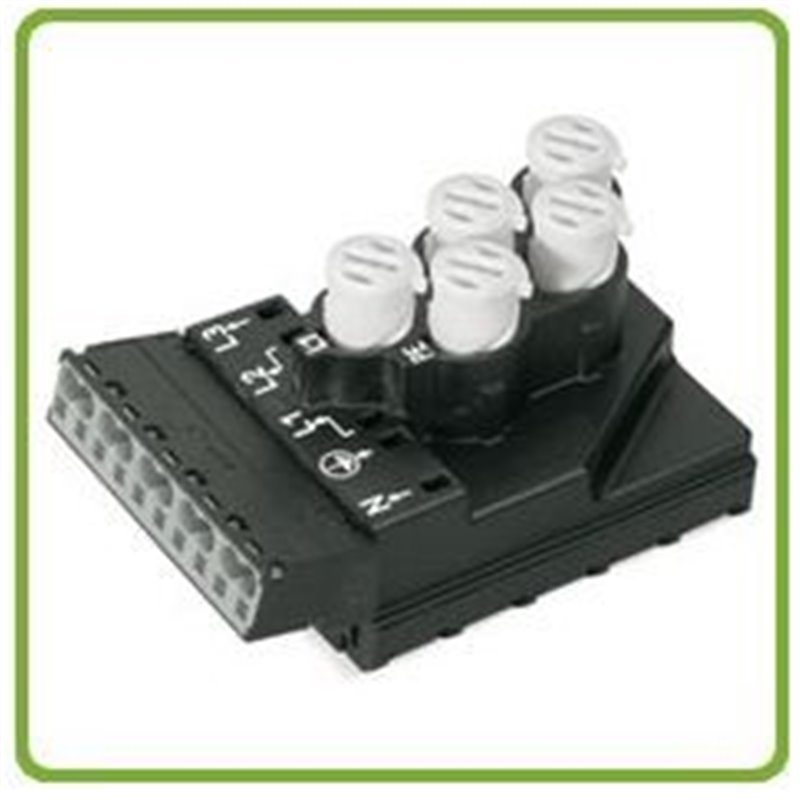


Cableaway WINSTA IDC (insulation displacement connection for insulated flat cables) consists of ribbon cables and the appropriate connection components that can be combined with WINSTA® MIDI connectors.

Secure Payments are easier than ever! Eway’s payment solutions

Delivery Option’s, you choose from our list of delivery partners

Manufactures warranty on all Cableaway sold products.
Cableaway WINSTA IDC (insulation displacement connection for insulated flat cables) consists of ribbon cables and the appropriate connection components that can be combined with WINSTA® MIDI connectors. Using the new WINSTA® IDC power supply modules and tap-off modules any location can be connected without prior planning, as a rotation of 120° is all that is required. This system offers maximum flexibility for both bus and power lines, or for bus and power combined in one cable.
Product profile WINSTA® IDC
•5-pole supply / tap-off module for flat cable 5x4 mm²/400V/ 25A
•5-pole supply / tap-off module for flat cable (5x4 mm² + 2xBUS) /400V/ 25A
•2-pole supply / tap-off module (EIB) for 7-core flat cable (5 + 2xBus) 50V/ 3A
•2-pole supply / tap-off module (EIB) for 2-core flat cable 50V/ 3A
•Supply/tap-off module for 3 x 2.5mm² flat cable 250V/24A
•Supply/tap-off module for 5 x 10mm² flat cable 400V/57A
•Supply/tap-off module for 5 x 16mm² flat cable 400V/76A
Module positioning and contacting
Position the bottom part of the IDC module and insert flat conductor. Note coding of the flat conductor to the bottom part!
The IDC module can only be pushed onto the base if the coding corresponds. If the coding blocks the IDC module at the base, turn the module for 180° for both components to be flush.
To contact the flat conductor, turn the turning elements with a screwdriver (blade width 6.5 mm) to the stop.
Phase selection
The phase selector is factory preset to position L2. If required, move it to the desired position and turn the turning element to the stop.
CAUTION:
Upon contacting to the flat cable (turning element flush in final position), the shifting element is arrested and cannot be moved further, even after a turning back of the turning element!